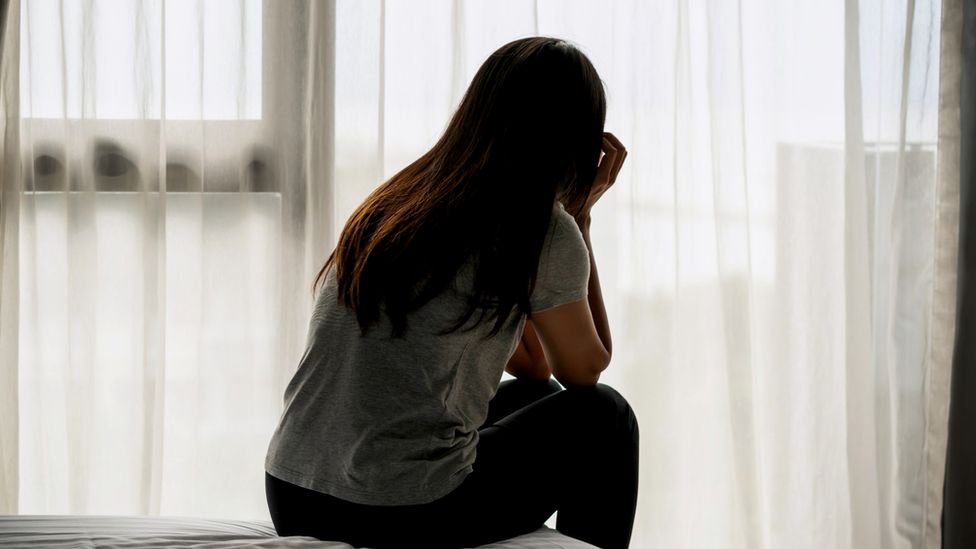
Honour-based abuse can include coercive control, forced marriage, and killings
By Ashitha Nagesh
Community affairs correspondent
The government has rejected calls for a legal definition of honour-based abuse.
The Women and Equalities Committee (WEC) recommended the definition in its report into honour-based abuse in July.
On Friday, the government responded by saying it already has a working definition used by the Home Office and the Crown Prosecution Service (CPS).
“It is not clear that making the definition statutory would improve understanding of, or the response to, these crimes,” it added.
Honour-based abuse is perpetrated by people who claim to be upholding the so-called honour of a family or community.
It can include forced marriage, coercive control, and even murder.
The decision has sparked backlash from MPs, specialist charities, and the domestic abuse commissioner.
Caroline Nokes, chairwoman of the WEC, said she was “disappointed” with the government’s response.
The WEC’s report in July had warned that there was a widespread ignorance of this type of abuse among front-line workers across public services, including in the police, social care and education.
“A statutory definition would help police officers and other front-line agencies recognise and record incidents of honour-based abuse accurately and consistently,” said Ms Nokes.
“This matters, a lack of data makes it difficult to identify where honour-based abuse occurs, in what forms, and importantly who is most at risk.”
Natasha Rattu, director of specialist charity Karma Nirvana, agreed, telling BBC News: “There’s a real opportunity through a statutory definition to have that strength in recognising exactly what this [type of abuse] is.
“Many victims, we feel as a consequence [of this decision], will continue to be missed by professionals that should have a duty in law to protect and safeguard them.”
The government’s non-statutory definition of honour-based abuse is that it is “an incident or crime involving violence, threats of violence, intimidation, coercion or abuse… which has or may have been committed to protect or defend the honour of an individual, family and/or community for alleged or perceived breaches of the family and/or community’s code of behaviour”.
Ms Rattu said that this type of abuse does not always involve “an incident or crime”, but is “a pattern, it’s a course of conduct”.
“Our survivors are very clear that the current [non-statutory] definition doesn’t represent their lived experiences,” she added.
Nicole Jacobs, the domestic abuse commissioner, also said: “I urge the government to reconsider its response to this report.
“I am disappointed to see the government reject calls for a statutory definition of so-called honour-based abuse, which would recognise the severity of this crime, raise awareness, and bring more perpetrators to justice.”
Have you been affected by the issues raised in this story? Email us in confidence at: haveyoursay@bbc.co.uk.
Please include a contact number if you are willing to speak to a BBC journalist. You can also get in touch in the following ways:
If you are reading this page and can’t see the form you will need to visit the mobile version of the BBC website to submit your question or comment or you can email us at HaveYourSay@bbc.co.uk. Please include your name, age and location with any submission.








